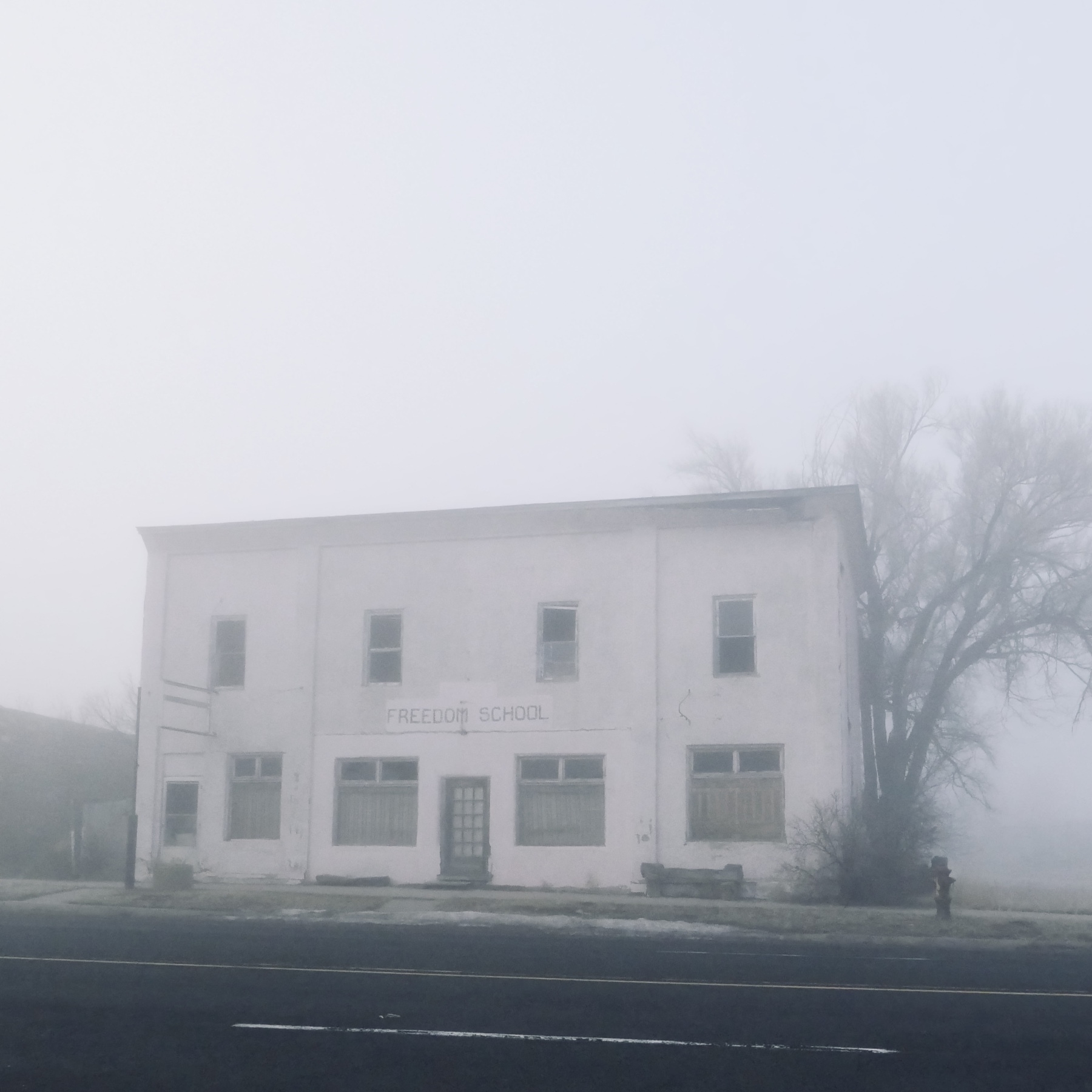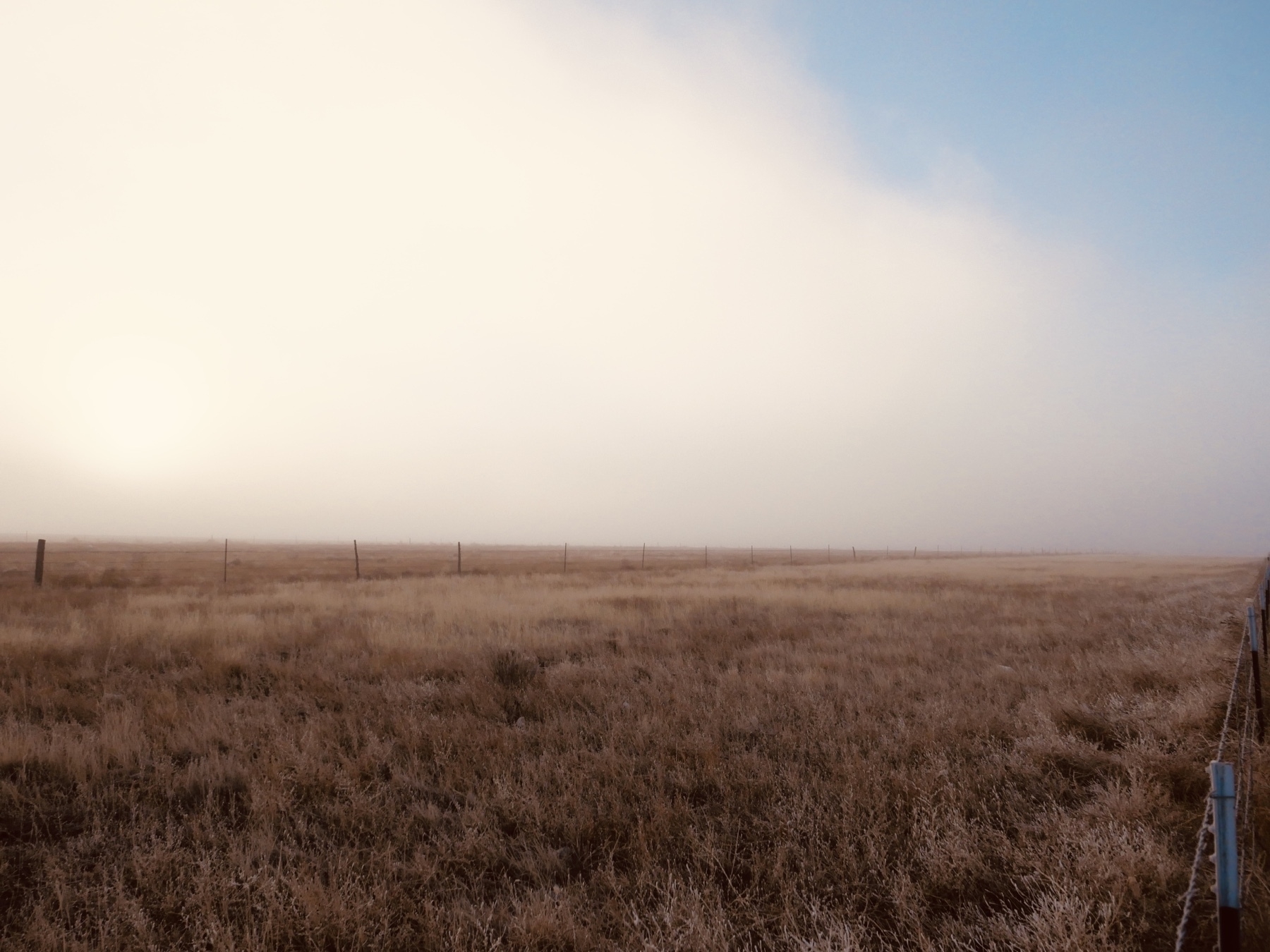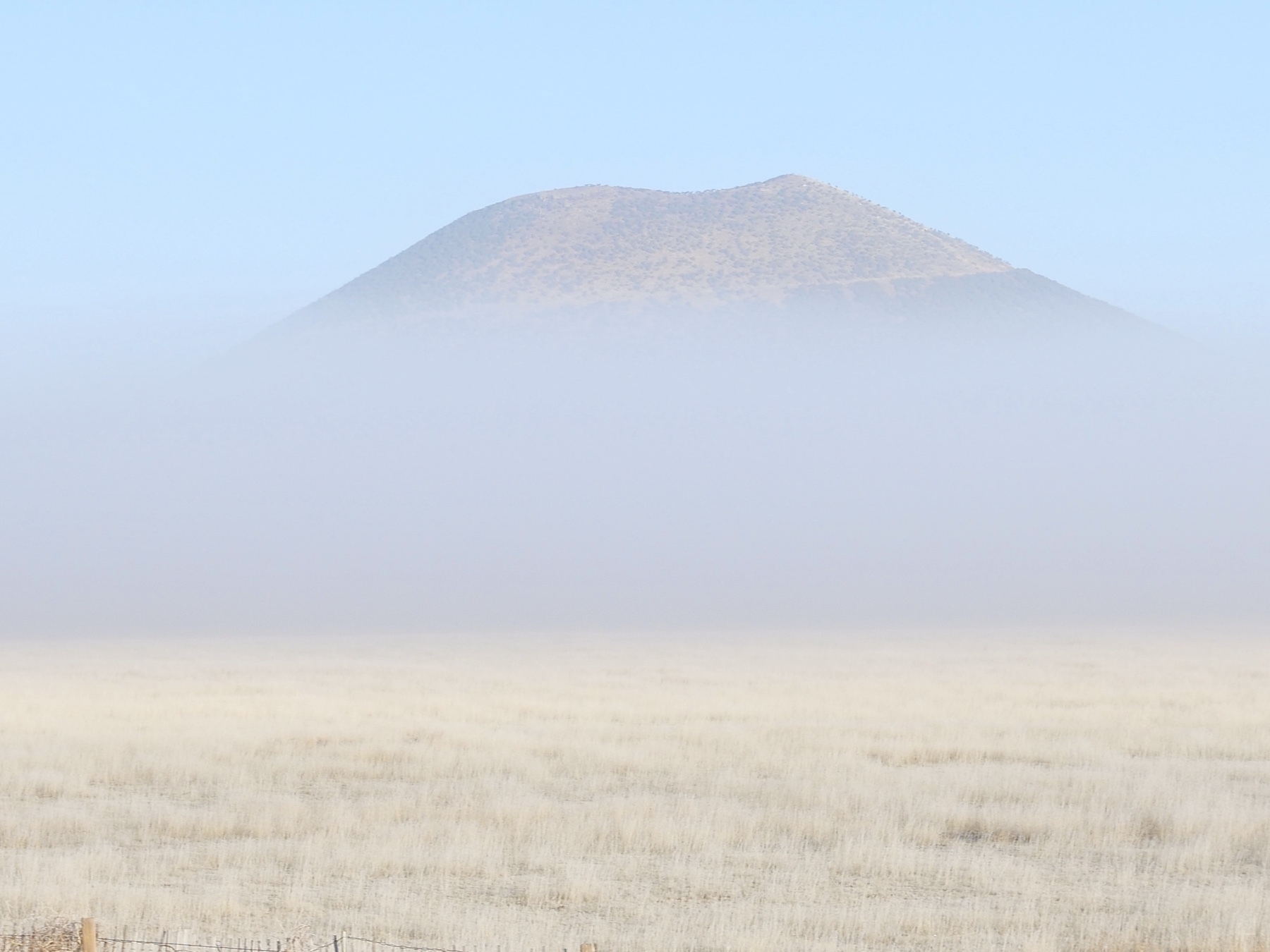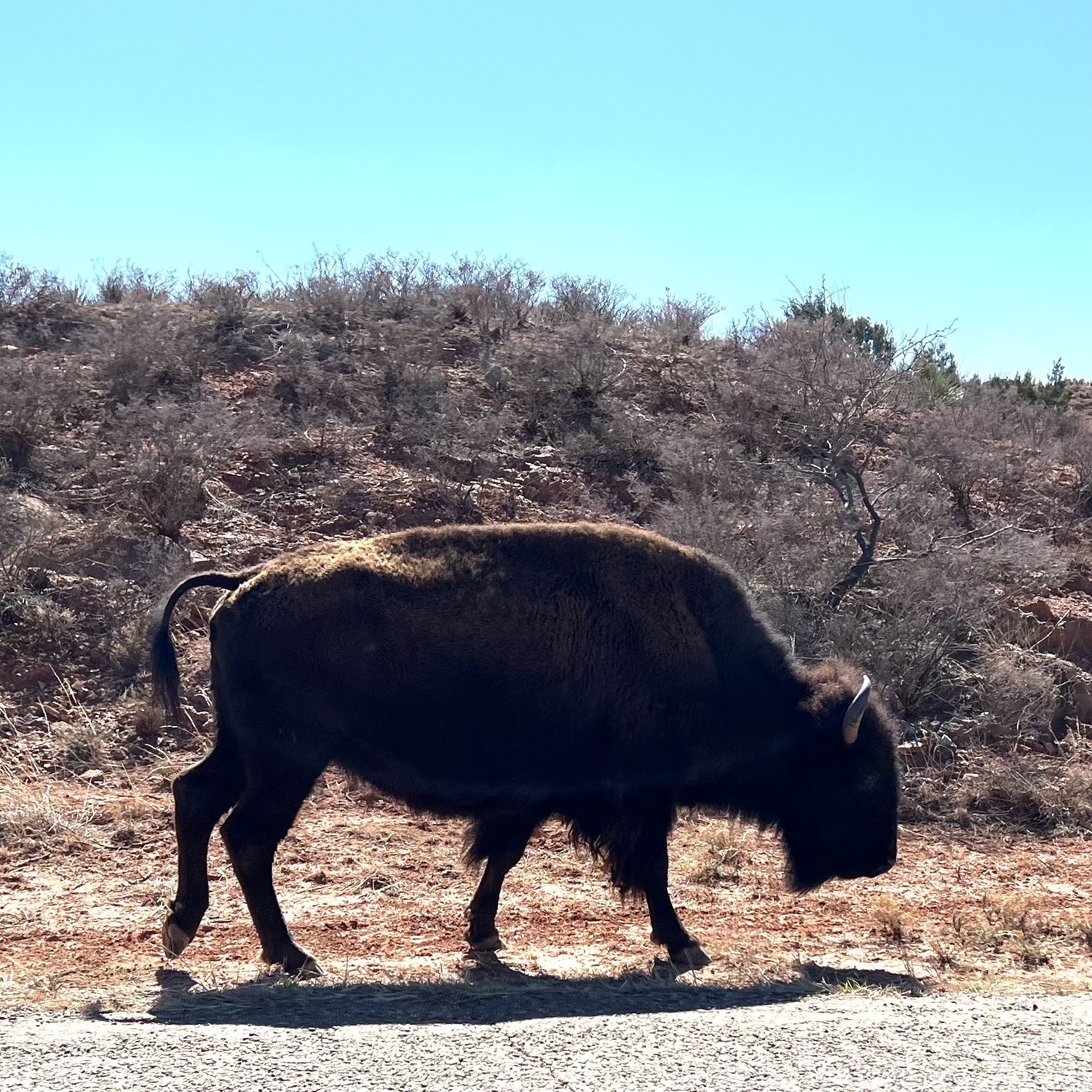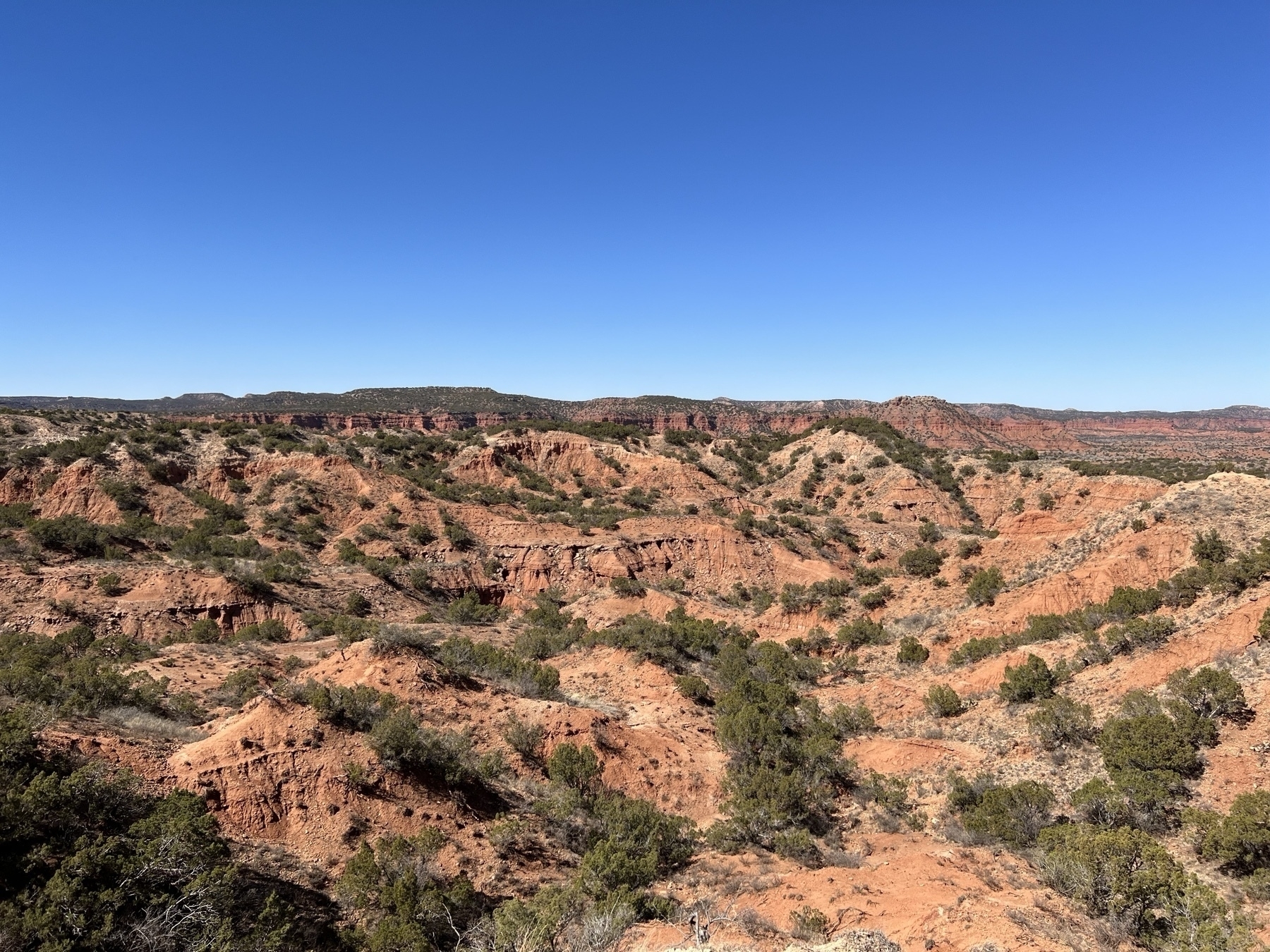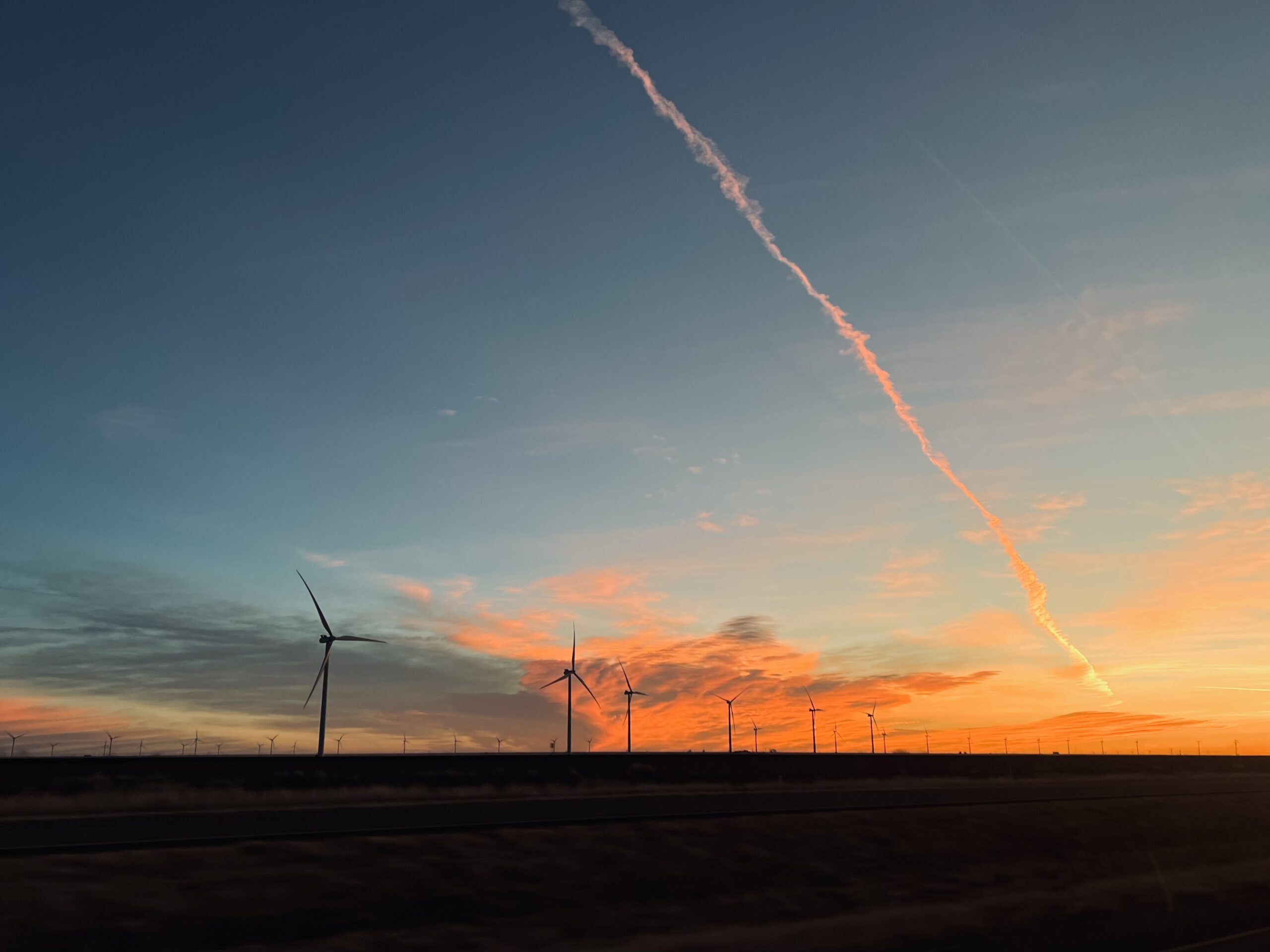
“What it will be Questioned When the Sun rises over Amarillo do you not see a series of metal pylons connected to the electrical grid O no no I see an Innumerable company of the Heavenly host raising their arms in praise and crying Holy Holy Holy is the Lord God Almighty.”
Above Taos.
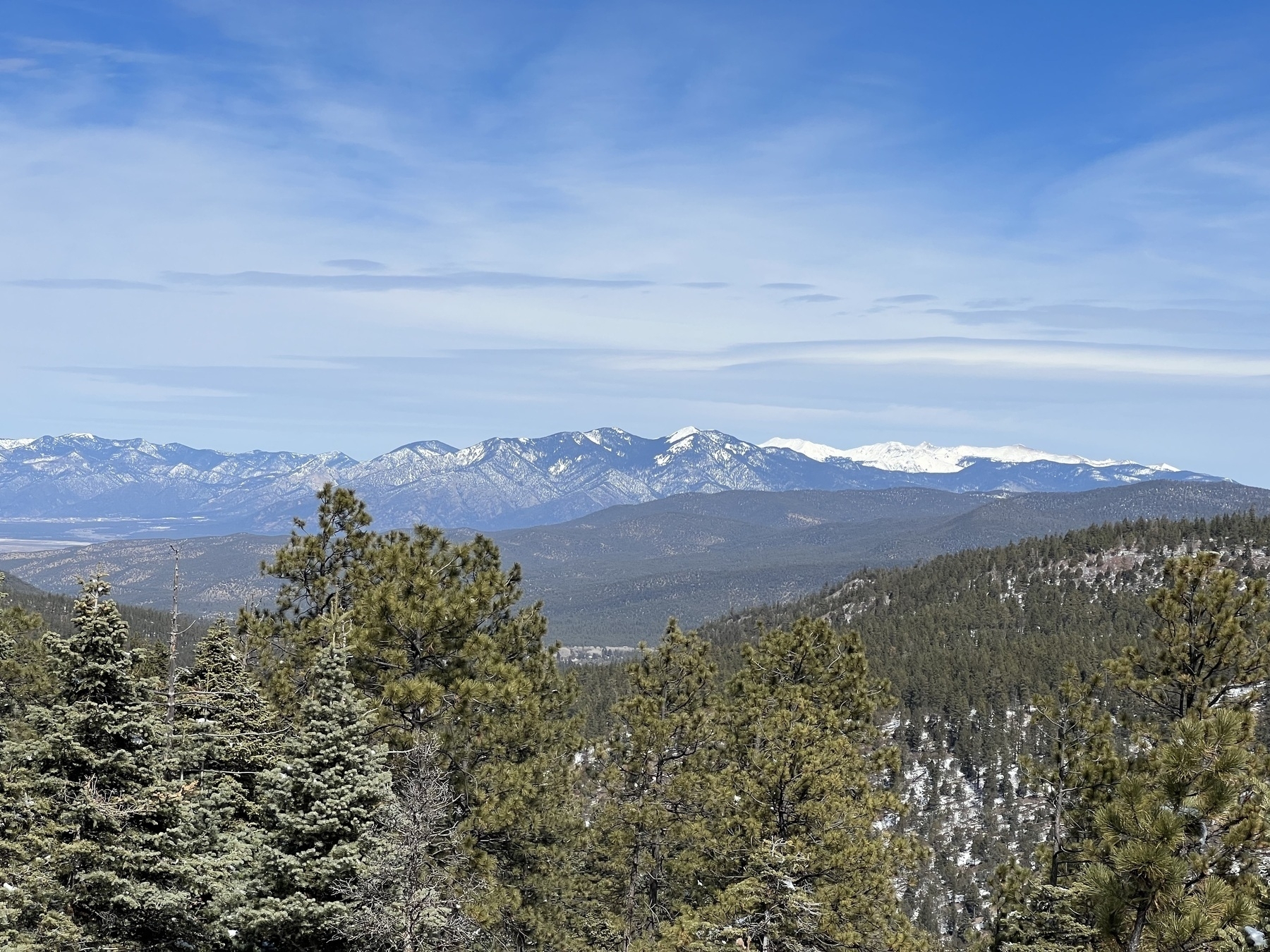
North Lake, in the Sangre de Cristo mountains.
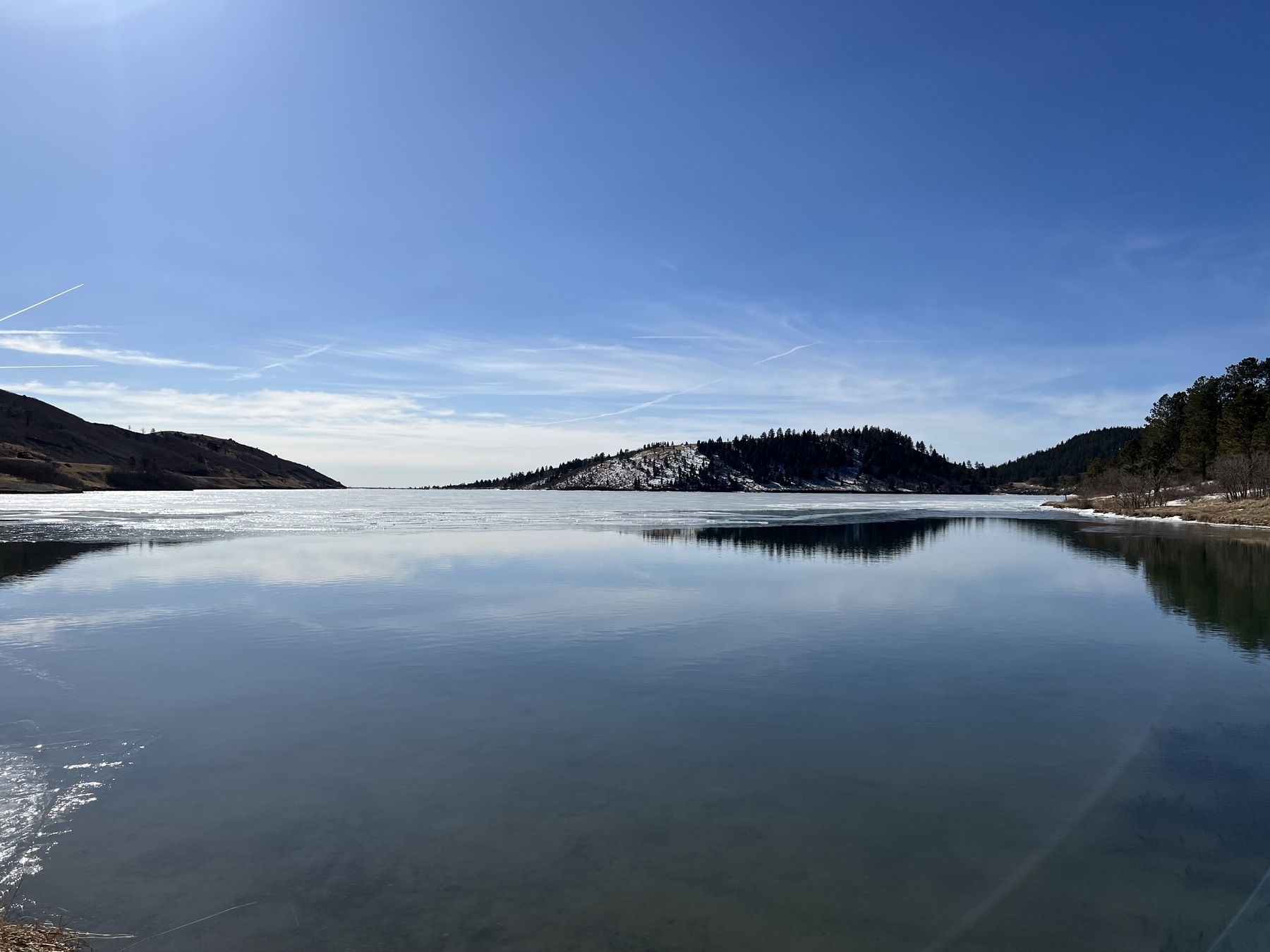
The four pictures I posted today were all taken this morning in a bizarrely thick fog in northeastern New Mexico. But the images I most wanted to capture I couldn’t because it wouldn’t have been safe to stop the car.
Thomas Pynchon's Gravity's Rainbow Turns 50 - by Ted Gioia:
Pynchon may still have many admirers, but few who are willing to follow in his footsteps. Even an explicitly Pynchonian novel of more modern times, David Foster Wallace’s Infinite Jest, eventually rests its fictive universe on a compassionate, humanistic foundation, one that has no equivalent in Pynchon’s worldview. If Pynchon’s books were boats, they would be ones without a sea floor on which to set anchor.
Ted is wrong about this, as I explain at some length — as in fifteen thousand words — in a forthcoming essay for the Hedgehog Review: “The Far Invisible: Thomas Pynchon as America’s Theologian.”
Trying another photo just as a test.

Another fun fact: Dalhart is closer to Cheyenne, Wyoming (and five other state capitals) than it is to Austin.
If you did what I did today, drive from Waco to Dalhart, you would swear that the whole drive was flat. But in fact Waco is 470’ above sea level and Dalhart is at 4000’. The gradient is so gentle as to be unnoticeable, but it sure adds up.
Afternoon sky over a gas station in Dalhart, Texas. Couldn’t do anything except grab a quick shot through the window. I guess it’s true that the best camera is the one you have with you.

See also one of my favorites among my own essays, “Filth Therapy.”
I appreciate the respectful tone of this essay, but … I guess I am bemused by the widespread feeling that the American South needs to be explained. (And is susceptible to explanation.) The view seems to be that people born elsewhere — Iowa, in Jeff Taylor’s case — constitute a norm from which the South is in various ways, some good and some bad, a deviation. Taylor is a native midwesterner who lived in the South for three years and is now explaining it; I am a native Alabaman who lived in northern Illinois for twenty-nine years, but it would never occur to me to write an essay explaining the Midwest.
Lunch!

